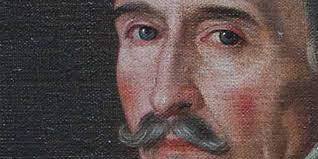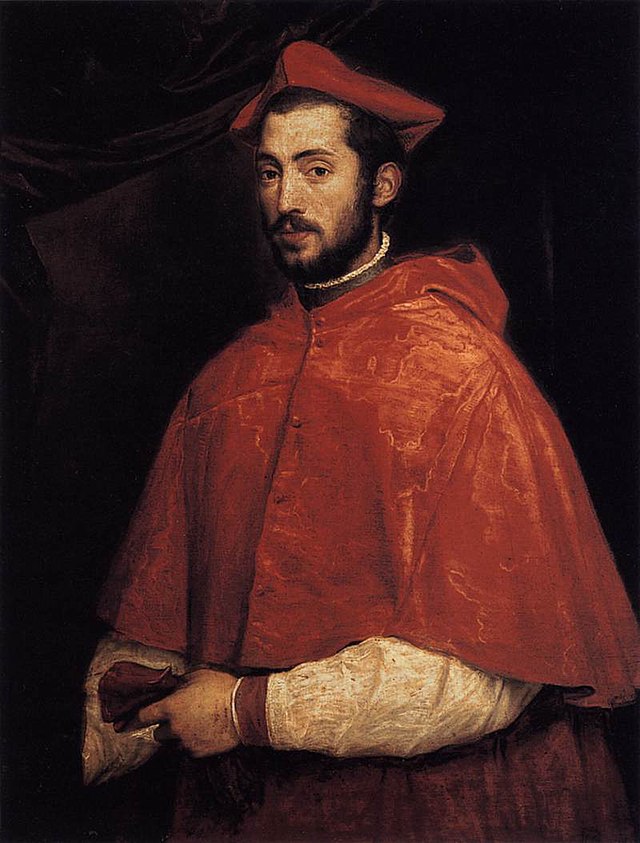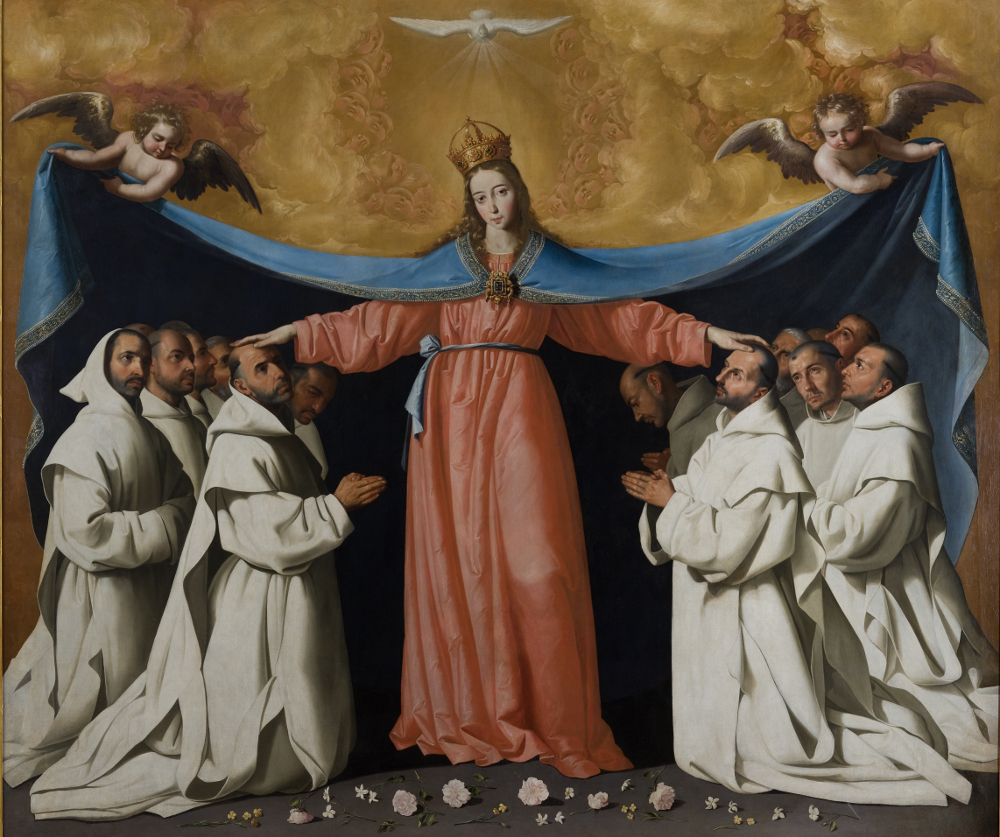August 27
Saints Days : Mónica, Rufo and Marcelino
1137 - Ramiro II promises by document signed in the castle of Ayerbe, it will not make any donations without permission of his son Ramon, Count of Barcelona.
1557- San Quintin surrenders to the troops of Felipe II of Spain

Lope de Vega - www.casamuseilopedevega.org
1858 - The second Visigoth treasure is found at Guarrazar, Toledo – the first one had been found by a local person two days before
1908 - Two bombs explode in Barcelona, known as the Semana Trágica
1924 - The telephone service on Spanish soil is adjudicated to the Compañía Telefónica de España.
1931 - legal obstacles for the Spanish military marry deleted.
1937 - Defense Board dissolves northern Spain, during the Spanish Civil War.1938 - Spanish Civil War: a new Supreme Court is created under President Felipe Clemente de Diego; of the twenty magistrates who composed the court thirteen had remained in their post.
1953 - New agreement signed between the Vatican and the Spanish Government
1975 - Madrid, the judicial seizure takes place of the weeklies Destiny, Possible and Change 16 by the application of the new anti-terrorism law.
1992 - King Juan Carlos and Prime Minister González sign the reform of article 13.2 of the Spanish constitution on the political participation of foreigners in what is the first modification of the Spanish Magna Carta.
1997 - A group of archaeologists discover some of the largest cave paintings in the world in Cantabria. They are estimated to be 20,000 years old
Births

1924 - Fernando Zóbel, painter (d. 1984)
1943 - Luis Rojas Marcos, psychiatrist.
1955 - Juanjo Puigcorbé, actor.
1972 - Patricia Vico, actress.
1974 - Carolina Ferre, television presenter.
1976 - Carlos Moyá, professional tennis player 1995-2010 (French Open, 1998; Davis Cup 2006) born in Palma
1981 - Maxwell Cabelino Andrade, footballer
Deaths
1611 - Tomas Luis de Victoria, musician, composer and teacher of chapel music. (b 1548)
1635 - Felix Lope de Vega y Carpio, (Lope de Vega) playwright, poet, and novelist. He was one of the key figures in the Spanish Golden Age of Baroque literature. His reputation in the world of Spanish literature is second only to that of Miguel de Cervantes, while the sheer volume of his literary output is unequalled, making him one of the most prolific authors in the history of literature. He was nicknamed "The Phoenix of Wits" and "Monster of Nature" (in Spanish: Fénix de los Ingenios, Monstruo de Naturaleza) by Cervantes because of his prolific nature.
Lope de Vega renewed the Spanish theatre at a time when it was starting to become a mass cultural phenomenon. He defined its key characteristics, and along with Pedro Calderón de la Barca and Tirso de Molina, took Spanish Baroque theatre to its greatest heights. Because of the insight, depth and ease of his plays, he is regarded as one of the greatest dramatists in Western literature, his plays still being produced worldwide. He was also considered one of the best lyric poets in the Spanish language and wrote several novels. Although not well known in the English-speaking world, his plays were presented in England as early as the 1660s, when diarist Samuel Pepys recorded having attended some adaptations and translations of them, although he omits to mention the author.
1658 - Barbara de Braganza, queen consort Spanish.

1962 - Leopoldo Panero, poet (b. 1909)
1976 - Ángel Garasa, Mexican actor of Spanish origin.
2006 - Antón Cañellas, politician (b. 1923)
2007 - Emma Penella, actress (b. 1930)
2009 - Joaquin Ruiz-Giménez Cortés, professor, politician and lawyer (b. 1913)
2010 - Amador Schüller, doctor and university professor (b. 1921)
2011 - Heribert Barrera, Catalan politician (b. 1917)
2012 - Aurora Bautista, actress (b. 1925)
2014 - Peret, singer-songwriter and guitarist (b. 1935)
